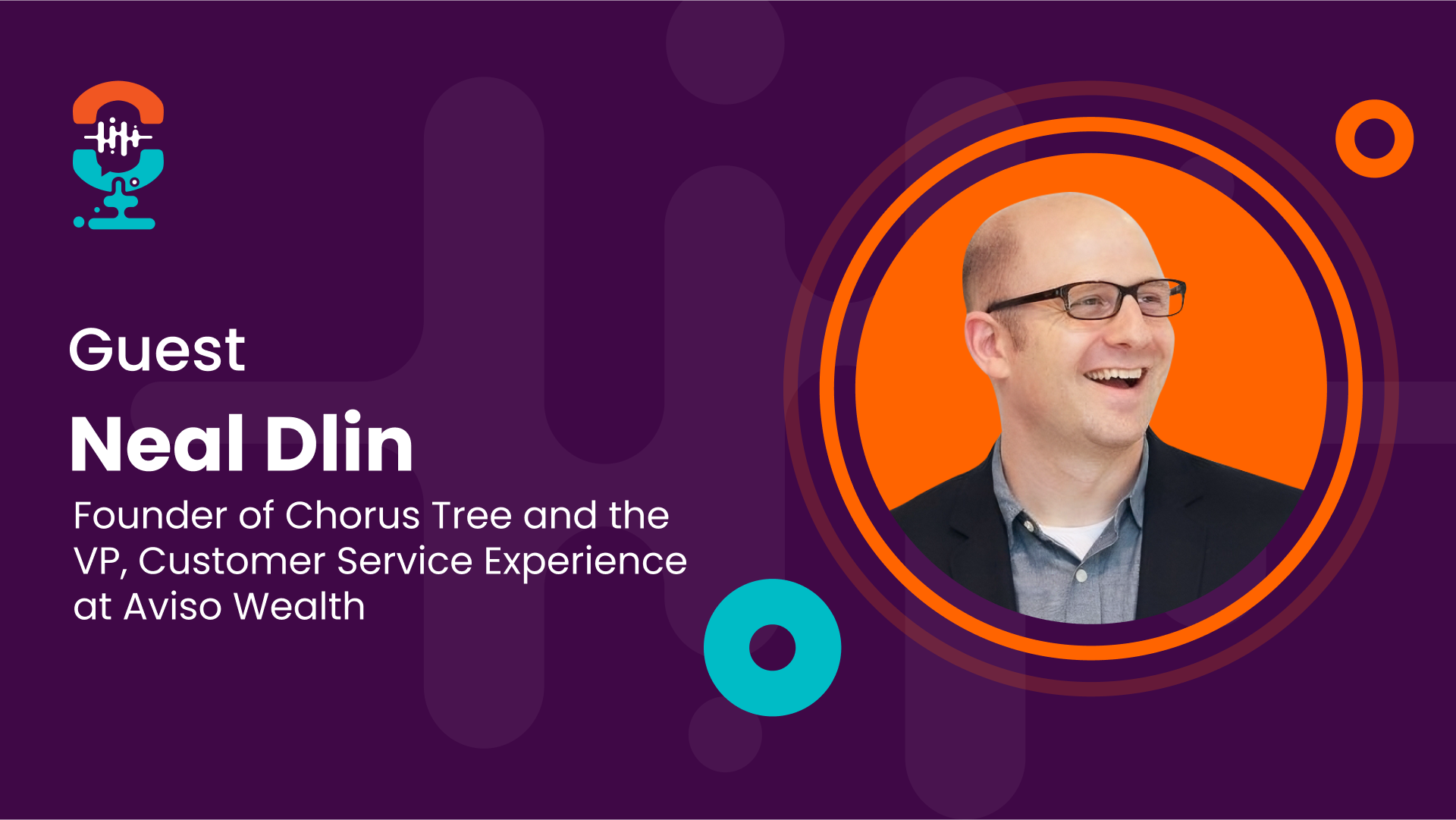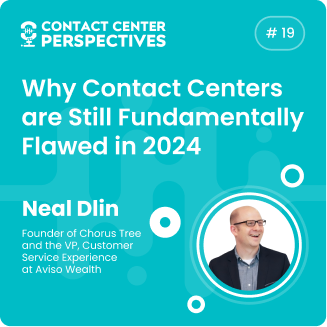Driving Success: Agents as Business Growth Engines

Byline: This article is based on a podcast interview with Pat Ferdig, the Chief Customer Officer at 411 Locals. He has a proven track record of successfully rebuilding and improving broken organizations, particularly contact centers.
Customer experience has become a key differentiator. Companies invest heavily in product development and marketing to attract customers but often overlook agents’ critical role in shaping the overall customer experience. According to Pat Ferdig, an expert in customer service, agents are the company in the customers’ eyes. Their attitude, professionalism, and ability to resolve issues directly impact customer satisfaction and loyalty.
Ferdig rates the importance of agents as a perfect ten, emphasizing that they are on par with the product itself. Even if a product has flaws or bugs, great agents can salvage the customer experience by providing exceptional service. On the other hand, a fantastic product without competent agents to support it will result in customer churn. This highlights the need for businesses to prioritize their agents’ training, empowerment, and support to ensure a positive customer experience.
The Perception Gap: Executive Management vs. Agents
While agents understand their critical role in driving business success, there is often a perception gap between them and executive management. Ferdig believes that many executives see agents as a necessary evil rather than a strategic asset. They fail to recognize the direct correlation between agent performance and business growth. This perception gap can hinder allocating resources and support needed to empower agents and enhance the customer experience.
Ferdig estimates that executives would rate the importance of agents at a mere four or five on a scale of ten. To bridge this gap, leaders must educate and enlighten executive management about the significance of agents in driving revenue and fostering customer loyalty. Once executives understand the connection between agent performance and business outcomes, they are more likely to provide the necessary resources and support to optimize agent effectiveness.
The Broader Implications: Retention and Revenue Growth
The impact of agents goes beyond individual customer interactions. Their ability to retain customers and drive revenue growth is critical to business success. Customers are more likely to become repeat purchasers and brand advocates when agents provide exceptional service. On the other hand, a negative experience with an agent can lead to customer churn and damage the company’s reputation.
Ferdig emphasizes that agents are not just responsible for meeting service level agreements (SLAs) or customer satisfaction scores (CSATs). Their role extends to building long-term customer relationships, understanding their needs, and proactively addressing issues. By doing so, agents can significantly impact customer retention and revenue growth.
The Future of Agent-Customer Interactions
As technology advances, agents’ role in customer interactions is evolving. Automation and artificial intelligence (AI) are integrated into customer service processes, enabling self-service options and chatbots. While these advancements can improve efficiency and reduce costs, they cannot replace the human touch and empathy agents bring to customer interactions.
Ferdig believes that the future of agent-customer interactions lies in a hybrid model, where technology augments the capabilities of agents rather than replacing them. By leveraging AI and automation, agents can focus on more complex and high-value tasks, such as problem-solving and relationship-building. This hybrid approach ensures that customers receive personalized and empathetic support while benefiting from the efficiency and convenience of technology.
In Summary
Agents are the unsung heroes of business growth and success. Their impact on customer experience, retention, and revenue growth cannot be overstated. While executives may initially undervalue the importance of agents, leaders must educate and align management with the critical role agents play in driving business outcomes. Companies can create a customer-centric culture that fosters loyalty, advocacy, and sustainable growth by prioritizing agent training, empowerment, and support.
Agents are not just a necessary evil but a strategic asset that can make or break a company’s reputation and bottom line. As technology evolves, businesses must balance automation and human interaction to deliver exceptional customer experiences. By investing in their agents and recognizing their importance, companies can position themselves for long-term success in today’s competitive marketplace.
Looking for specific information?
Our specialist will help you find what you need in customer service outsourcing
Book a callDiscover Contact Center Perspectives Podcast
Discover the themes that resonate most with your challenges
 English
English






